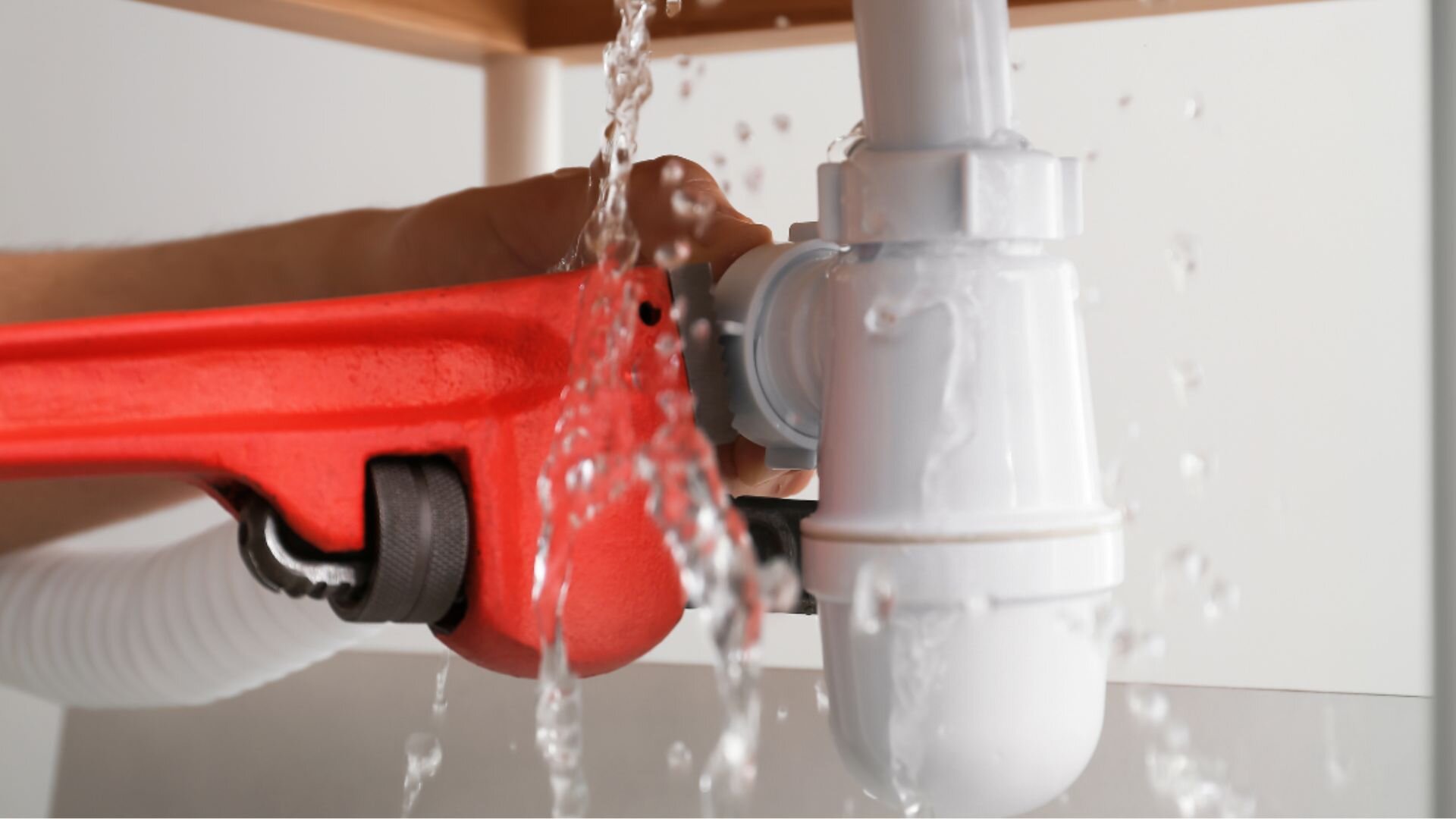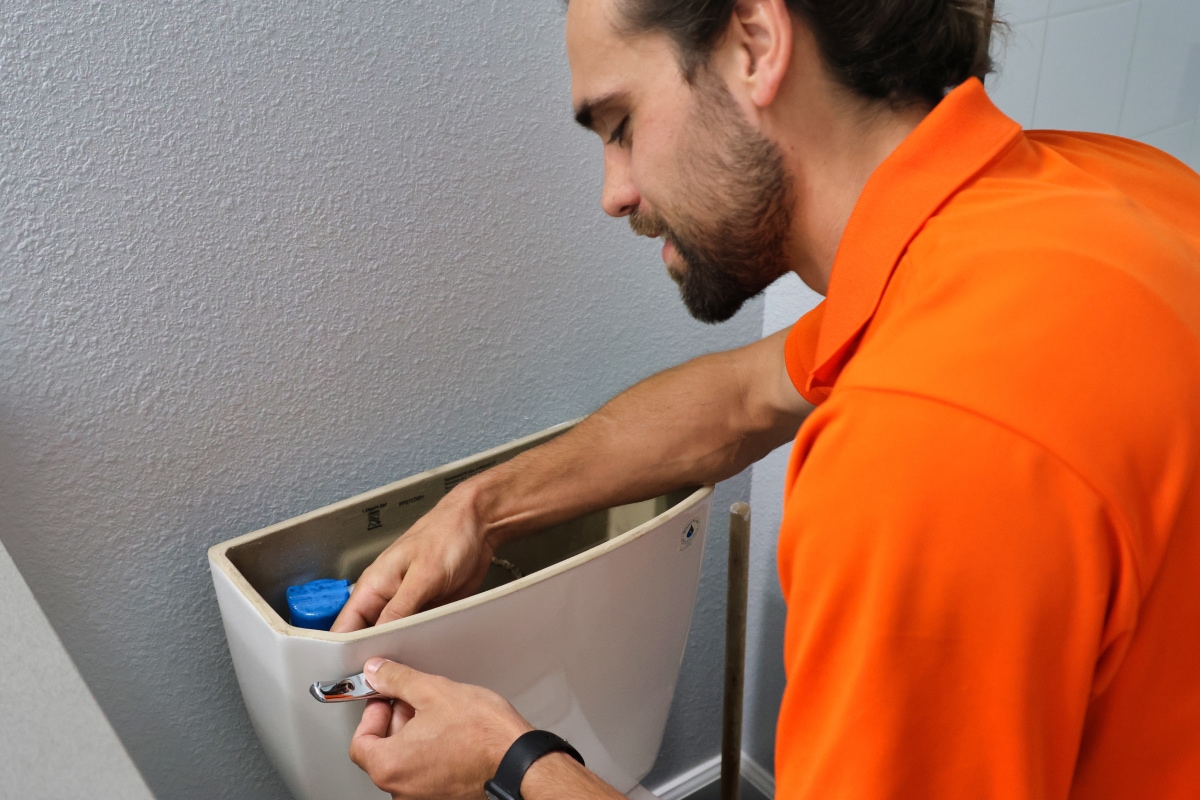Quick Solutions for Emergencies: Actions to Take Until Help Arrives
Quick Solutions for Emergencies: Actions to Take Until Help Arrives
Blog Article
How do you feel in relation to Plumbing Emergencies: Tips on What To Do Before?

Pipes emergencies can strike at any time, triggering anxiety and possible damage to your home. Whether it's a burst pipe, a stopped up drainpipe, or a dripping tap, knowing how to handle the scenario till a professional plumbing shows up can conserve you from more issues. This write-up provides important emergency plumbing suggestions to assist you alleviate damages and gain back control throughout a plumbing dilemma.
Turn Off the Water System
The first step in any type of pipes emergency is to turn off the water. For localized problems, such as a leaking faucet or commode, switch off the valve near the fixture. When it comes to a significant leakage or burst pipe, situate your home's primary water shut-off shutoff and transform it off immediately. Recognizing the place of these shutoffs in advance can conserve useful time during an emergency situation.
Address Small Leaks with Temporary Solutions
Little leaks can rapidly become considerable issues if left unchecked. Use these momentary repairs up until specialist aid gets here:
While these repairs aren't irreversible, they can assist minimize water loss and damages.
Unclog Drains Securely
A clogged drain can be a frustrating and unpleasant problem. Here's just how to tackle it:
If these techniques do not work, avoid using excessive force, as it might intensify the obstruction.
Take Care Of Overflowing Toilets
An overruning toilet can cause instant turmoil. Below's what you need to do:
Shut down Your Water Heater
In specific emergency situations, such as a burst pipe, it's important to shut off your water heater. This protects against overheating or damage to the unit when water stops streaming. Switch off the power supply to the water heater (electric or gas) and let it cool off to stay clear of potential risks.
Briefly Quit a Ruptured Pipeline
A burst pipeline can lead to considerable water damages in minutes. To alleviate the issue:
Call a specialist plumbing promptly to resolve the problem permanently.
Deal With Frozen Piping Carefully
In colder climates, icy pipelines are an usual emergency. If you presume a frozen pipe:
Protect against Further Damage
Taking fast activity to lessen damages can conserve you money and time in the future. Below's just how:
. Have an Emergency Situation Plumbing Set
Prepare a standard pipes emergency set to deal with minor issues properly. Your package must consist of:
Having these devices handy can make a considerable difference in your ability to take care of emergency situations.
Know When to Call an Expert.
While quick fixes can help temporarily, particular pipes problems require prompt specialist interest. Call a plumbing if:.
Promptly speaking to an expert ensures the problem is settled appropriately and stops more issues.
Conclusion.
Pipes emergencies can be frustrating, but with the appropriate understanding and tools, you can handle the situation successfully until assistance arrives. By shutting off the water supply, attending to small leakages, and using momentary fixes, you can lessen damage and keep your home safe. Bear in mind, these suggestions are short-lived services; constantly consult a certified plumbing professional to deal with the source of the problem. Preparation and fast reasoning are your finest allies in any kind of plumbing emergency.
8 Helpful Tips for Managing Plumbing Emergencies at Home
If your plumbing system hasn’t failed once, wait for it because almost everyone has a story to tell. Sometimes, it could be simple emergencies such as a leaking pipe, a blocked cistern, or even a big burst pipe. In situations like this, you need to have some handy tips to save you some money and from possible damages.
Take care of minor issues early.
Sometimes, you could have avoided an emergency by taking proactive measures while it was still early. Some major plumbing emergencies can be a result of an ignored minor issue. We recommend that you have items like plumbing tapes and other related items. A plumbing tape can allow you to manage minor leaks before the plumber arrives.
Cut off the water supply.
This tip is essential in almost any type of leakage problem. For problems like minor leakages in the toilet or kitchen, turn off the supply that takes water to the affected pipes. If the leakage is a major pipe, you must shut off the supply valve to the entire building. This will help you avoid flooding your home and neighbors if you share a flat.
Know your plumbing system
Folks typically move into a new apartment without understanding the water supply around the building. This can prove disastrous if a water emergency arises and the plumber is far away. The previous tip will prove useless if you don’t practice this one. More importantly, know where your water shut-off valve is located – you’ll need that knowledge to prevent potential home floods.
Have some common handy tools
There are lots of plumbing emergencies that you can handle without hiring a plumber. That’s why you must keep some tools available always. Some tools that you can use to fix simple plumbing emergencies easily include plumbing tapes, screwdrivers, thread seal tapes, plungers, pliers, tape measures, and rubber gloves.
Insulate your pipes from cold
You’ll save yourself from many plumbing expenses if you protect your water pipes from the cold. This is because of the harmful effects that cold weather can have on your pipes. During winter, your pipes can burst from being overly expected to freezing temperatures. So, make sure insulators are there to keep the pipes working correctly.
Avoid practices that will clog your toilet.
Many people indulge in practices that can damage the plumbing system of the entire building. One of these is when they use their toilet to dispose-off garbage. They flush all kinds of things, such as paper towels, bandages, hairs, female sanitary products, etc., down the toilet. This will block your toilet in the long run, incurring unnecessary expenditures. Dump such waste in the trash instead.
Check your dials regularly.
Sometimes, there could be leakages in your home without noticing them in time. So, constantly monitor your water meter dial. If the dial is reading when there is nobody using water, this is an indicator that there is leaking. Check for leaks immediately. Call a plumber as soon as possible if you can’t find any.
https://www.constructionplacements.com/8-helpful-tips-for-managing-plumbing-emergencies-at-home/

As an avid reader on What to Do While Waiting for an Emergency Plumber, I imagined sharing that topic was really helpful. Sharing is good. Helping people is fun. Many thanks for being here. Don't hesitate to stop by our blog back soon.
Call Today Report this page